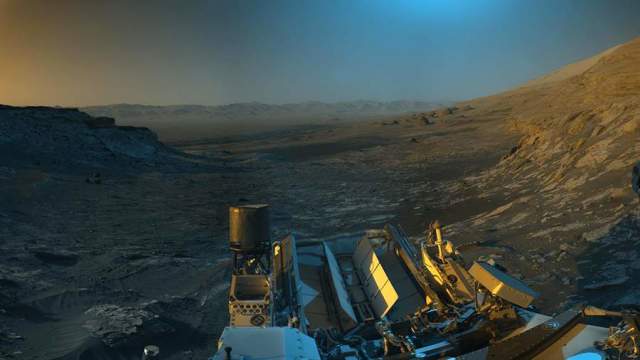NASA will not have time to complete all the necessary research to organize long-term missions to the Moon and Mars on the International Space Station (ISS) until 2030, when the operation of the station will be completed. This became known on Thursday, December 2.
"When reviewing NASA's plans for research on board the ISS, we found that the research necessary for long—term missions to the Moon and Mars will not be completed by 2030," the agency's inspector general said in a report.
It turns out that NASA will either have to send crews into deep space with great risk, or postpone the launches of long-term missions.
Thus, eight out of 12 risks that are critical for deep space flight require study on the ISS. According to the table given in the document, most of the studies will need to be conducted until 2034, and some - until 2036.
"Technology demonstrators for Mars missions require microgravity tests — eight of them are separate components of the environmental control and life support system, which will be integrated into a single system for tests on the ISS only by 2026. The environmental control and life support system and three other technologies — plant production, a food system to support health and protection from radiation - will need to be tested in microgravity after 2030, when the ISS is expected to stop working," RIA Novosti quotes the text of the report.
On August 7, NASA announced the recruitment of volunteers to participate in an experiment to simulate life on Mars. The habitat, where four participants will live for a year, was created using a 3D printer and is located inside the Johnson Space Center building in Houston.
At the end of 2020, SpaceX founder, American businessman and engineer Elon Musk promised to deliver a man to Mars in the next six years. At the same time, he had been planning to send the ship without a crew for two years.
On May 5, SpaceX's prototype Starship spacecraft, which is planned to be sent to the Red Planet along with 100 passengers, successfully landed at a test site in Texas. Testing of the prototype is carried out regularly, several previous launches ended in failure.

